GFPR 2014
-

Launch of IFPRI’s 2013 Global Food Policy Report
Central to the discussions of the post-2015 agenda is the goal of eliminating extreme poverty by 2030. Though ambitious and laudable, this goal is not enough. With one in eight people suffering from hunger today, and nearly 2 billion affected by hidden hunger (micronutrient deficiencies), IFPRI’s 2013 Global Food Policy Report suggests that it is…
-
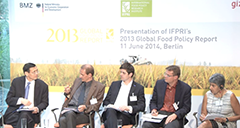
Berlin Launch of IFPRI’s 2013 Global Food Policy Report
Shenggen Fan, Director General of IFPRI, will introduce the recent report by the International Food Policy Research Institute (IFPRI) on Global Food and Development Policy (2013 Global Food Policy Report) in Germany. The report analyzes key trends and events of global food and development policies of the past year. He will highlight new research results…
-
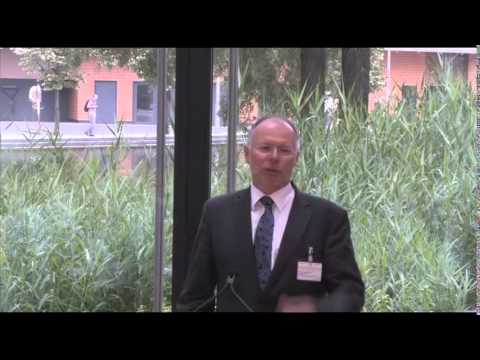
A world without hunger
At the recent Berlin launch of IFPRI’s Global Food Policy Report, IFPRI Director General Shenggen Fan said eradicating hunger by 2025 is an important ethical and economic goal—and one that can be achieved. Five expert panelists and more than 100 attendees gathered at the Berlin Representation of the German development organization GIZ to discuss concrete actions to move the world…
-
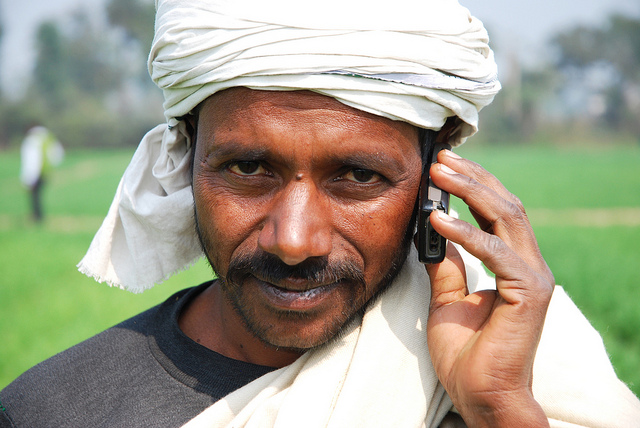
Harvesting better access to information
A farmers’ success depends on more than good weather, healthy soil, and proper seeds. Good farming also involves a series of decisions: how much to plant each season, whether to invest in new crops, which markets to sell to. The right decisions can mean the difference between a profitable harvest and a net loss in…
-
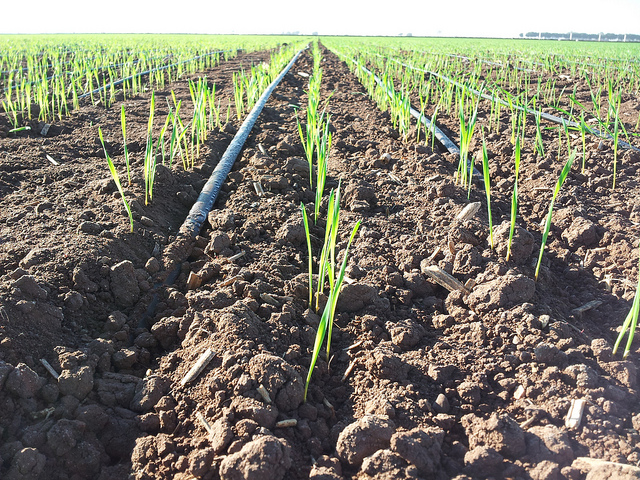
Technology to the rescue?
This blog story by IFPRI researchers Nicola Cenacchi and Claudia Ringler highlights key messages from Chapter 4 of the 2013 Global Food Policy Report One major outcome of the 2012 Rio+20 United Nations conference was the agreement to develop a set of truly universal Sustainable Development Goals (SDGs) to supplant the Millennium Development Goals under the post-2015 development agenda. Although discussions on the final SDGs,…
-
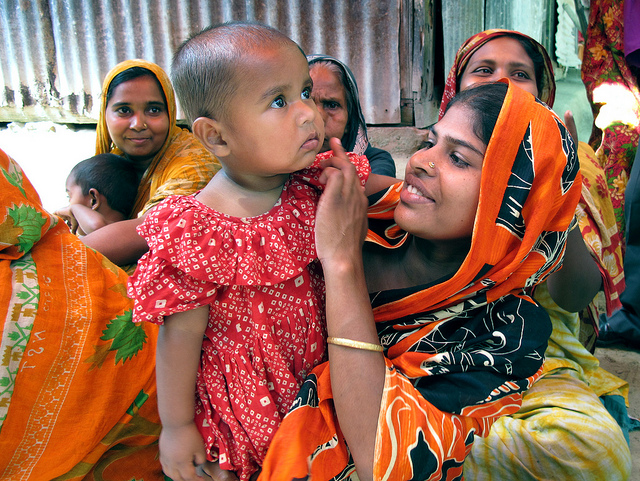
A timely call to action
The following post by Asma Lateef, Director of Bread for the World Institute, is a modified version of a story that originally was published on the Bread for the World Institute’s blog. IFPRI’s Global Food Policy Report (GFPR) has become an annual reminder that global food security must remain very much at the top of the development agenda.…
-
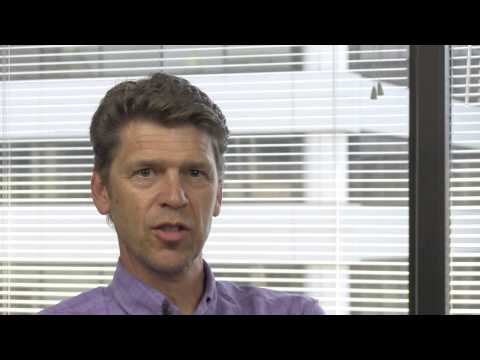
Transforming political will into action for nutrition
The year 2013 saw a major step forward in global attention to nutrition. Several processes converged: the Scaling Up Nutrition (SUN) movement continued to drive the momentum, with 47 countries now having signed up; The Lancet released a new Maternal and Child Nutrition Series of four state-of-the-art evidence reviews; the “1,000 Days” advocacy movement succeeded in mainstreaming the concept in development discourse;…



